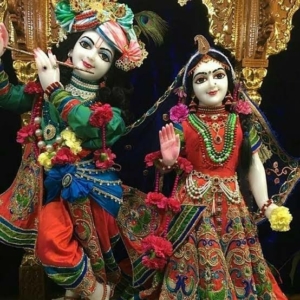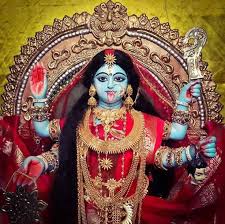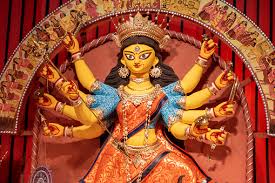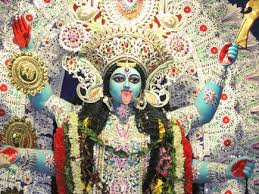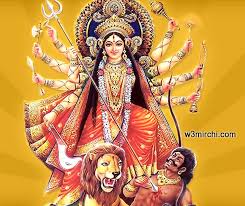अपने बुरे कर्मोंका फल यथासमय भोगना ही पड़ेगा
महाभारतपर आधारित एक अनुश्रुति है कि राजा धृतराष्ट्रके सौ पुत्रोंके युद्धमें मर जानेके बाद उन्होंने भगवान् श्रीकृष्णसे पूछा कि जीवनमें मैंने कोई ऐसा भयंकर पाप नहीं किया, जिसके फलस्वरूप मेरे सौ पुत्र एक साथ मर गये। भगवान् श्रीकृष्णने उन्हें उनके पिछले जन्मोंको देखनेके लिये दिव्य दृष्टि प्रदान की। तब राजाको मालूम हुआ कि पचास जन्म पूर्व वे एक बहेलिया थे और उन्होंने वृक्षपर बैठे हुए पक्षियोंको पकड़नेके लिये जलता हुआ जाल फेंका था, जिससे सौ पक्षी जलकर मर गये थे। कुछ अन्धे हो गये थे। पचास जन्मोंतक संचित पुण्यकर्मोंके कारण उन्हें अपने इस पापकर्मका दण्ड नहीं भोगना पड़ा और जब पुण्यकमका प्रभाव क्षीण हो गया तो यह फल भोगना पड़ा। इस कथाका सारांश यही है कि प्रत्येक व्यक्तिको अपने बुरे कर्मोंका फल यथासमय भोगना ही पड़ेगा। राजा धृतराष्ट्रको भी अपने पापकर्मका दण्ड (दृष्टिहीन होकर अपने सौ पुत्रोंकी मृत्यु) भोगना पड़ा।
अतएव यह स्पष्ट है कि मनुष्य जैसा कर्म करता है, वैसा ही फल पाता है।
You will have to bear the fruits of your bad deeds in due course.
There is a legend based on the Mahabharata that after King Dhritarashtra’s hundred sons died in the battle, he asked Lord Krishna that I had not committed any such heinous sin in my life, as a result of which my hundred sons died together. Lord Krishna granted him divine vision to see his past lives. Then the king came to know that fifty lives ago he was a fowler and had thrown a burning net to catch the birds sitting on the tree, due to which hundred birds were burnt to death. Some had become blind. Due to the accumulated good deeds for fifty births, he did not have to suffer the punishment of his sinful deeds and when the effect of the good deeds diminished, then he had to bear the consequences. The summary of this story is that every person will have to bear the fruits of his bad deeds in due time. King Dhritarashtra also had to suffer the punishment of his sinful deeds (death of his hundred sons due to blindness).
Therefore it is clear that according to one’s actions, one gets the same result.









